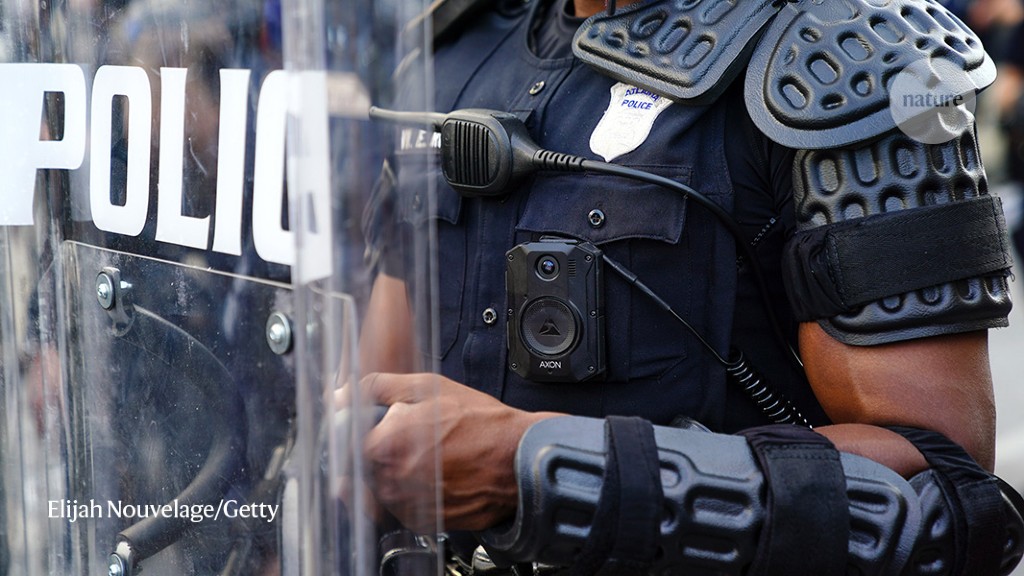Police officers pledge the Law Enforcement Oath of Honour at the beginning of their job. This oath maintains the values of honor, bravery, and honesty towards the community and the law. Sadly, not every individual who takes this pledge upholds these values.
Police misconduct is illegal or unconstitutional behaviors that violate a person’s constitutional rights. Despite the fact that police misconduct includes a wide variety of offenses that could influence the outcome of a criminal case, news headlines usually focus on physical misbehavior, sometimes known as police brutality. If you ever face police brutality or misconduct in a criminal case, make sure to hire an experienced attorney.
Things you should know about police misconduct in a criminal case
Police misconduct happens when an officer violates the rights of another person while performing their job duties or when they engage in criminal activity (such as drug usage, sexual assault, etc.).
Police misbehavior may take many other forms, but not only these.
- False confessions
False confessions that were coerced may have been made as a result of an error in procedure, including persuasion, harassment, or other psychological pressure. Acknowledging responsibility for an offense for which the perpetrator is not accountable is a false confession.
- False arrest
An arrest was performed without a warrant or with no probable cause. False arrests violate a person’s Fourth Amendment protection from unreasonable search and seizure.
- False imprisonment
It occurs if an officer purposefully restricts another person’s movement within a space without a person’s authorization, explanation, or legal power to do so.
- Falsification of evidence
It is the purposeful fabrication or presentation of false evidence in a court procedure and involves the handing over false, falsified, forged, or otherwise impacted evidence.
- Police perjury
It happens when an officer “makes the case” against a suspect they think of to be guilty of lying through false testimony.
- Witness tampering
It occurs when police make an attempt to get a witness to provide a false consideration, conceal testimony or data, or put excessive pressure on a witness to skip a hearing to which they have been summoned.
How Can Police Misconduct Affect a Criminal Case?
In a criminal case, the defense attorney’s job is to put reasonable doubt in the jury’s mind. A prosecutor, judge, or jury might view the facts of a case differently as an outcome of misconduct by law enforcement officers or evidence that casts questions on the reliability of the police-provided evidence.
For example, prosecutors are often the first to evaluate a possible case, and often the only piece of evidence they have is a police report that helps them decide whether to pursue the case or not.

